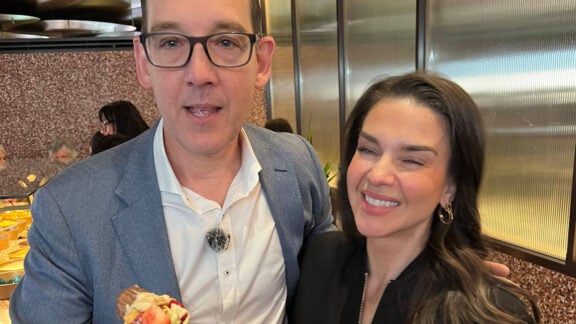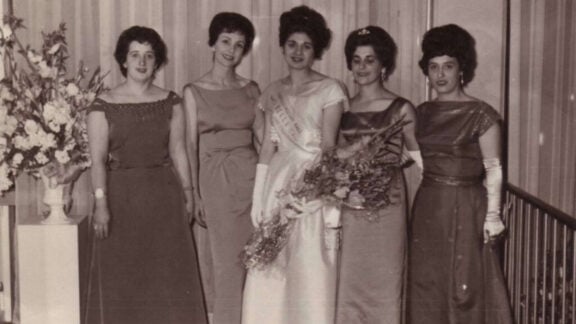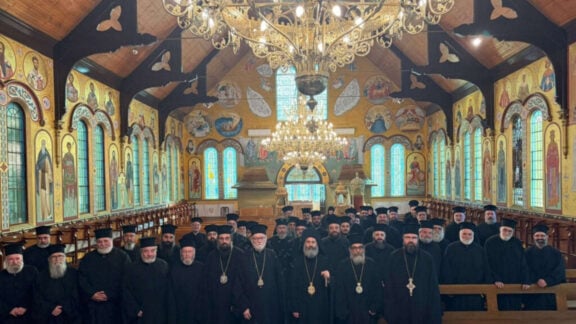A solicitor who authorised the will of a wealthy Sydney man who, having few friends and family members, left his estate to his GP had his office raided by police, the court heard.
The wealthy Sydney man Raymond McClure altered his will twice in the five months before he died in 2017 at the age of 83 years. He left 90 per cent of his $30 million estate to Dr Peter Alexakis, his GP.
Previous wills included a bequest to the Salvation Army in 1986 along with other beneficiaries, such as his longtime business partner.
The validity of the will has been challenged by Gary Masters, the Salvation Army’s legal secretary, and there are also other multiple cross-claims being made.
Dr Alexakis claims not to have been aware of inclusion in Mr McClure’s will, adding that he never discussed the extent of the estate with his patient.
In July, disciplinary action at the NSW Civil and Administrative Tribunal had been held to determine whether he had breached professional boundaries when making unnecessary visits to Mr McClure in the months prior to his death.
READ MORE: Estate planning: Greece’s inheritance tax exemption also includes moveable assets
Peter Skouteris and Angelo Andresakis, solicitors from the legal firm that prepared the final will, appeared before court to give evidence on Wednesday.
Mr Skouteris said that the pair’s legal office had been raided by police in September 2017 as part of an investigation into whether there had been “undue influence” over the deceased during the signing of his will.
A month later, on 10 October 2017, the two solicitors penned a letter to Mr McClure stating that he could seek further legal advice regarding a revision of his will. “There’s a real question as to the validity of your current will,” the letter read, however Mr McClure did not act on this as he died in November, less than six weeks after the letter was sent.
Mr Skouteris said that the letter was prompted by the police raid rather than concern regarding the conduct of Dr Alexakis as the beneficiary of the will, and he said that his office had never been raided for the 25 years he had worked at the firm.
Mr Andresakis, who was introduced to Mr McClure by Dr Alexakis, said that the doctor had never mentioned that he expected to be the beneficiary of the will. He added that he met Mr McClure four times, he appeared to be mentally sound during these meetings, however the only sign of him being severely unwell were his swollen legs. Mr Andresakis said that this was “the only thing that I can recall that sticks in my mind”.
“Mentally he was very on the ball, so to speak. he was very mentally energetic, you know, he was quite an interesting fellow too as he spoke,” he said.
READ MORE: Looking after the vulnerable: Court-appointed guardians aren’t always the most appropriate
Mr McClure, described as “a really nice man”, had expressed a fondness for Dr Alexakis.
He had said that he wanted to “look after” Dr Alexakis as they both shared an interest in a region of Greece, and because the doctor had been “very good” to him.
Mr Andresakis mentioned that Mr McClure, while in hospital, had been adamant about wishing to exclude the Salvation Army from his will as he had concerns regarding allegations concerning child sexual abuse within the organisation.
He added that Mr Mclure appeared well aware of how much of his estate he was leaving to his GP even though initial drafts of the revision only included a 10 per cent cut of the estate for the doctor.
When the will was written, he read the will to Mr McClure to ensure his full understanding, as Mr McClure had cataracts and used a magnifying lass with a light attached to read.
He even included provisions in his will for a porcelain Hummel figurine and instructions regarding the glass cabinets contained in.
In previous hearings, Dr Alexakis, who owns at least 17 properties in Australia and a five-star hotel and four other properties in Greece, denied striking a deal with Mr McClure to keep him out of hospital in exchange for provisions in his will.
Mr McClure had said that he felt imprisoned in hospital, with evidence showing that he referred to himself as the Count of Monte Cristo. On multiple occasions he had suggested offering the GP the sum of $10,000 to ensure his discharge from hospital but there was no evidence that the doctor had accepted this offer.
In the hearing it was heard that this was the second time the doctor had benefitted from the will of a patient which had been finalised by Mr Andresakis, who also acted the GP’s wife and who had prepared the will of the doctor’s father.








